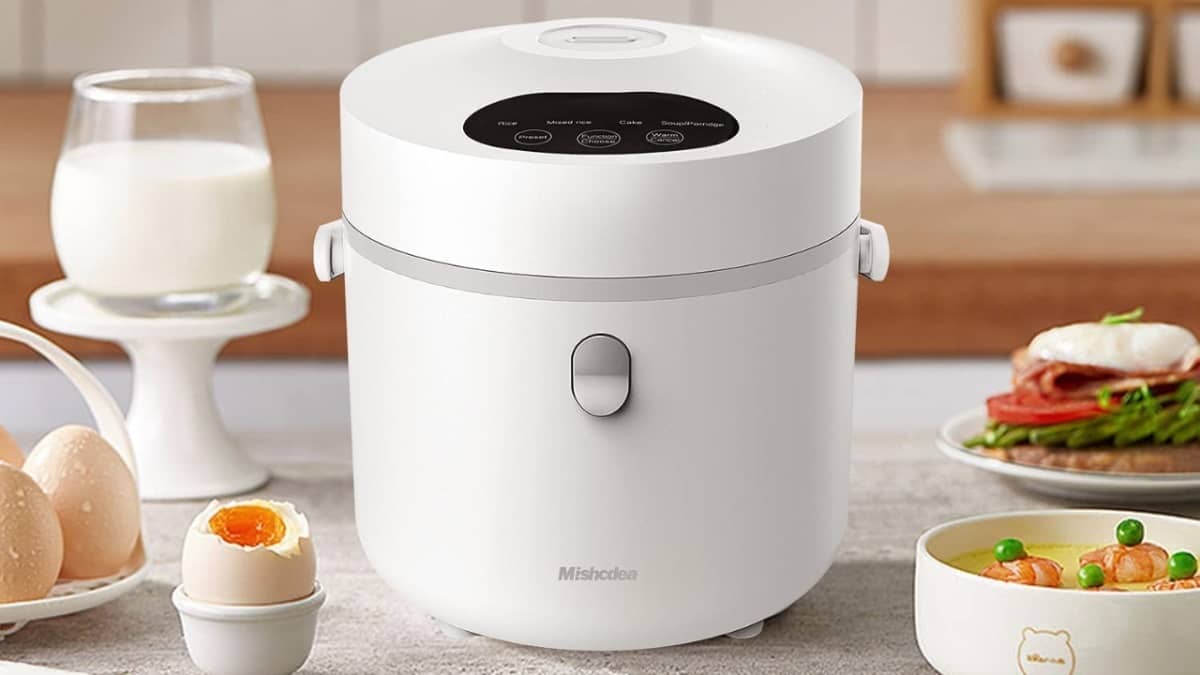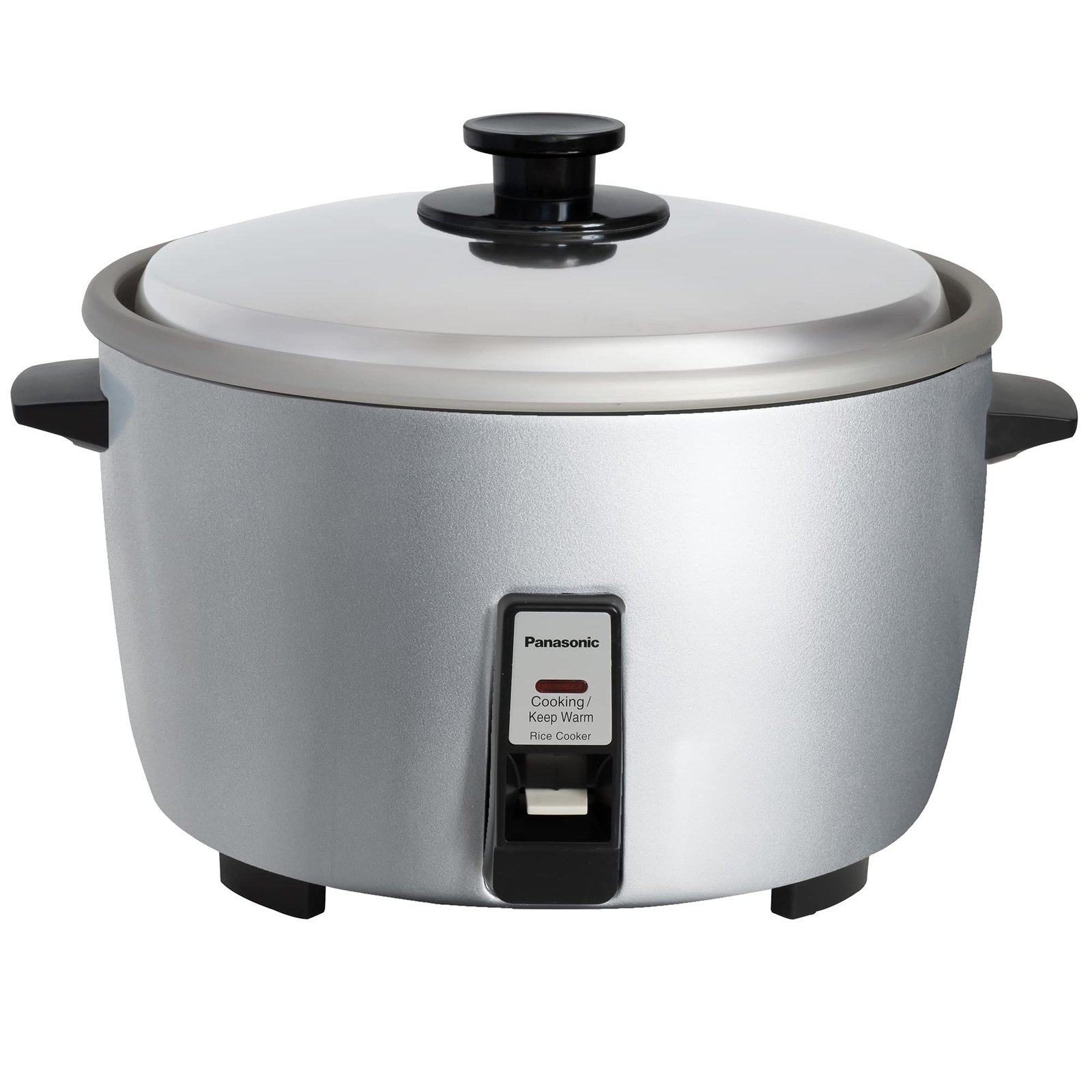Rice cookers are a common kitchen appliance, praised for their convenience and ability to produce perfectly cooked rice with little effort. However, as with any electrical appliance, there are potential safety concerns that users should be aware of. Let’s explore the safety aspects of rice cookers and how to use them safely to keep your family out of harm’s way.
Understanding Rice Cooker Safety
Electrical Safety
Rice cookers, like all electrical appliances, carry a risk of causing electric shock or fire if not used properly. However, when used in accordance with the manufacturer’s instructions, they are generally safe. It’s important to ensure that the appliance is in good working order and that there are no frayed cords or damaged plugs.
Heat-Related Safety
Rice cookers operate by heating water to cook rice, which means the appliance itself can get quite hot. Burns can occur if you touch a rice cooker during or immediately after use. Many models come with insulated walls and cool-touch handles to minimize this risk.
Pressure and Steam
Some advanced rice cookers use pressure to cook rice faster. These pressure cookers have additional risks if not used correctly, including the danger of steam burns or the lid being forced off by excess pressure. Always follow safety guidelines for releasing pressure and opening the lid.

Safe Usage Guidelines
Regular Maintenance
- Inspect Before Use: Check the rice cooker for any signs of wear, such as a damaged cord, plug, or heating element, before each use.
- Clean After Use: Ensure that the cooker is cleaned after use, according to the manufacturer’s instructions, to prevent food buildup and potential hazards.
Proper Operation
- Read the Manual: Familiarize yourself with the specific model of rice cooker you have, as operation can vary between different brands and models.
- Water Levels: Fill the cooker with the correct amount of water to prevent overflows or dry heating, which can cause damage to the appliance.
- Lid Safety: Always ensure the lid is securely fastened before starting the cooker to prevent accidents with steam and hot water.
Placement and Handling
- Safe Placement: Place the rice cooker on a stable, heat-resistant surface away from flammable materials.
- Handle With Care: Use oven mitts or pot holders when handling the rice cooker, especially when opening the lid, to avoid steam burns.
Supervision and Timeliness
- Supervision: Never leave a rice cooker unattended while it’s in use, particularly if there are children or pets in the vicinity.
- Timely Unplugging: Once the rice is cooked and served, unplug the appliance. Don’t leave it plugged in indefinitely on the warm setting.
Understanding Advanced Features
- Pressure Cookers: If you have a pressure rice cooker, make sure you understand how to release the pressure safely before opening the lid.
- Auto Shut-Off: Familiarize yourself with the auto shut-off feature, if available, which can prevent overheating.
When to Replace or Repair
- Aging Appliances: If your rice cooker is old or showing signs of malfunction, it may be time to consider replacing it.
- Professional Repairs: Attempting DIY repairs on a rice cooker can be dangerous. If repairs are needed, consult a professional or contact the manufacturer.
Key Takeaways
Rice cookers are a convenient tool in the kitchen, and when used correctly, they are not inherently dangerous. Here are the key points to ensure safe usage:
- Electrical and Heat Safety: Handle electrical cords with care, and be mindful of the heat generated by the appliance.
- Pressure and Steam Precautions: Use extra caution with pressure rice cookers and be aware of steam.
- Regular Maintenance and Proper Operation: Keep the rice cooker clean and follow the manufacturer’s instructions for use.
- Safe Placement and Handling: Place the rice cooker on a stable surface and handle it with care to avoid burns.
- Supervision and Timeliness: Do not leave a rice cooker unattended while in use and unplug it when not in use.
- Replacement and Repairs: Replace aging appliances and seek professional repairs when necessary.
In summary, as long as you follow the safety tips provided by TheKitchenApplianceDad.com, you can confidently use your rice cooker without undue worry. Always prioritize safety in the kitchen, and enjoy the convenience and delicious results that a rice cooker can bring to your family meals.


